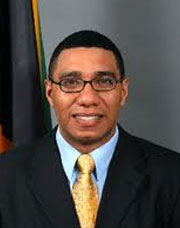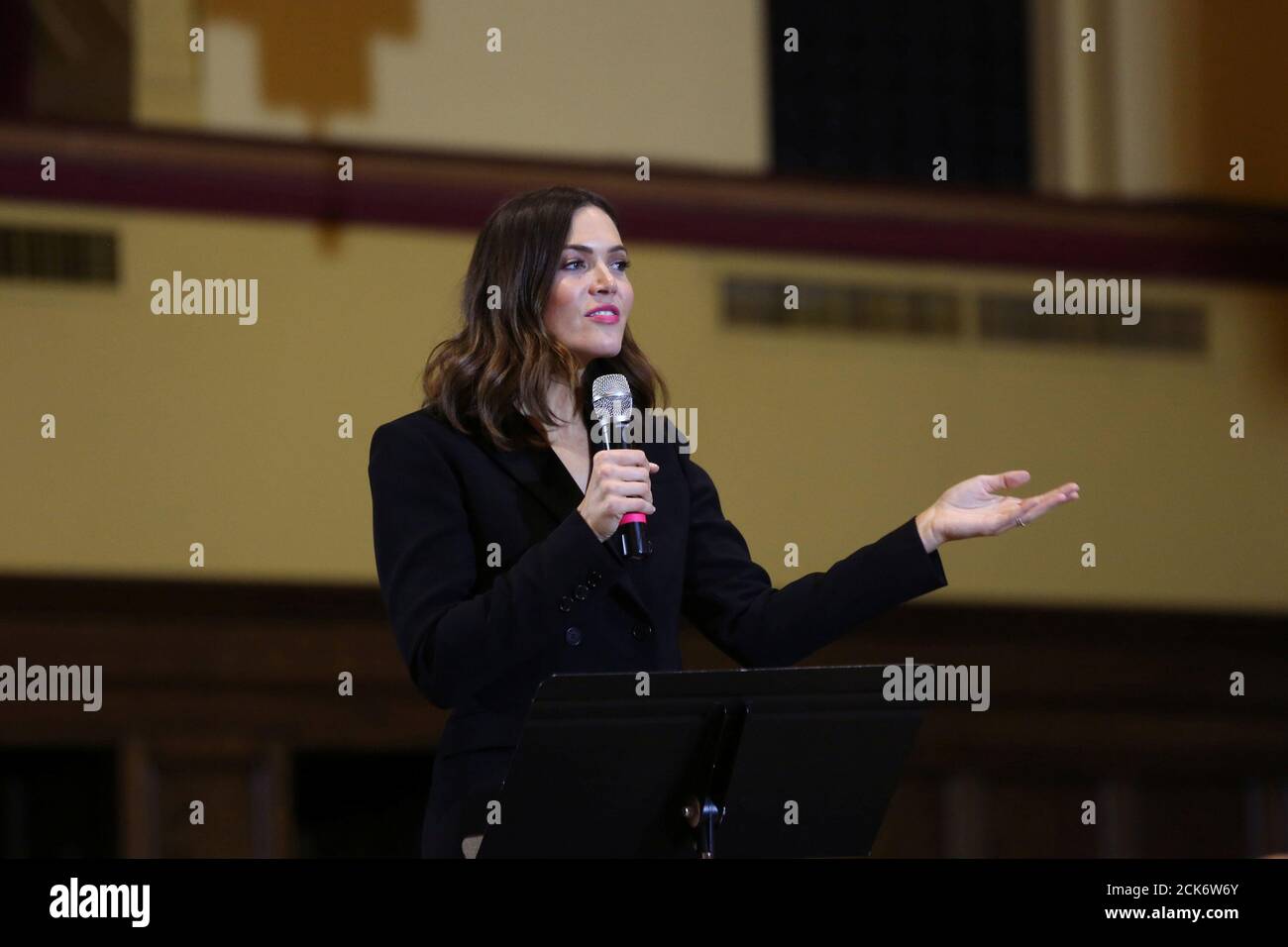
- NORMAN MANDY JAMAICA PRIME MINISTER FREE SECONDARY EDUCATION
- NORMAN MANDY JAMAICA PRIME MINISTER FREE HEALTH CARE
He has also been Premier and Chief Minister. Sir Alexander Bustamante was Jamaica’s first Prime Minister. Prior to Independence in 1962, Jamaica’s head of government was known as the Premier and before that, the Chief Minister.
At the LSE, he was influenced by Fabian socialism and the writings of Harold Laski. In 1945, he enrolled at the London School of Economics. He attended the Antigua State College and then served in the Royal Canadian Air Force during World War II. He too had been Chief Minister.Michael Manley was the second son of premier Norman Washington Manley and artist Edna Manley.

He won election to the Jamaican House of Representatives for the Central Kingston constituency in 1967. However, in 1962, he accepted an appointment to the Senate of the Parliament of Jamaica. Kennedy, and he remained a model for integration among Bermudians.When his father was elected premier of Jamaica in 1955, Manley resisted entering politics, not wanting to be seen as capitalizing on his family name. Smith also played for Queen Elizabeth II and other celebrities like Clark Gable, Gary Cooper & John F. President Dwight Eisenhower, British Prime Minister Harold McMillan and his Canadian counterpart Louis St.

Norman Mandy Jamaica Prime Minister Free Secondary Education
The PNP government in 1974 also formed the Jamaica Movement for the Advancement of Literacy (JAMAL), which administered adult education programs with the goal of involving 100,000 adults a year. The introduction of universally free secondary education was a major step in removing the institutional barriers to private sector and preferred government jobs that required secondary diplomas. In 1974, Manley proposed free education from primary school to university. In 1974, the PNP under Manley adopted a political philosophy of Democratic Socialism. Under Manley, Jamaica established a minimum wage for all workers, including domestic workers. In this regard he started a fashion revolution, often preferring the Kariba suit, a type of formal bush-jacket suit with trousers and worn without a shirt and tie.
Maternity leave was also introduced, while the government outlawed the stigma of illegitimacy. The minimum voting age was lowered to 18 years, while equal pay for women was introduced. An estimated 14 percent of idle land was redistributed through this program, much of which had been abandoned during the post-war urban migration or purchased by large bauxite companies. Project Land Lease (introduced in 1973), attempted an integrated rural development approach, providing tens of thousands of small farmers with land, technical advice, inputs such as fertilizers, and access to credit. Historically, land tenure in Jamaica has been rather inequitable.
And an upgrading of hospitals. Increases in pensions and poor relief were carried out, along with a reform of local government taxation, an increase in youth training, an expansion of day care centres. Special employment programmes were also launched, together with programmes designed to combat illiteracy. Subsidised meals, transportation and uniforms for schoolchildren from disadvantaged backgrounds were introduced, together with free education at primary, secondary, and tertiary levels. The National Housing Trust was established, providing "the means for most employed people to own their own homes," and greatly stimulated housing construction, with more than 40,000 houses built between 19.
Norman Mandy Jamaica Prime Minister Free Health Care
Project Lend Lease, an agricultural programme designed to provide rural labourers and smallholders with more land through tenancy, was introduced, together with a National Youth Service Programme for high school graduates to teach in schools, vocational training, and the literacy programme, comprehensive rent and price controls, protection for workers against unfair dismissal, subsidies (in 1973) on basic food items, and the automatic recognition of unions in the workplace. Spending on education was significantly increased, while the number of doctors and dentists in the country rose. Various clinics were also set up to facilitate access to medical drugs. Free health care for all Jamaicans was introduced, while health clinics and a paramedical system in rural areas were established.

More broadly there was a deterioration of relations between the United States and Jamaica during Manley's tenure beginning with the Nixon administration and continuing on with the Ford Administration due to allegations of CIA activities on the island. When Manley turned down Kissinger, the US allegedly increased its supply of weapons to supporters of the JLP, resulting in a sharp upturn in political violence. When Henry Kissinger visited Jamaica in 1975, he warned Manley against supporting Angola and Cuba.
While the violent political culture was not invented by Seaga or Manley, and had its roots in conflicts between the parties from as early as the beginning of the two-party system in the 1940s, political violence reached unprecedented levels in the 1970s. Supporters of his opponent Edward Seaga and the Jamaica Labour Party (JLP) and Manley's People's National Party (PNP) engaged in a bloody struggle which began before the 1976 election and ended when Seaga was installed as Prime Minister in 1980. Violence Manley was Prime Minister when Jamaica experienced a significant escalation of its political culture of violence. In diplomatic affairs, Manley believed in respecting the different systems of government of other countries and not interfering in their internal affairs. In a speech given at the 1979 meeting of the Non-Aligned Movement, Manley strongly pressed for the development of what was called a natural alliance between the Non-Aligned movement and the Soviet Union to battle imperialism: "All anti-imperialists know that the balance of forces in the world shifted irrevocably in 1917 when there was a movement and a man in the October Revolution, and Lenin was the man." Despite some international opposition, Manley deepened and strengthened Jamaica's ties with Cuba. Details of the meeting, however, were never disclosed.
Manley declared that "There is no place in this society for the gun, now or ever." Violence flared in January 1976 in anticipation of elections. The Gun Court imposed a mandatory sentence of indefinite imprisonment with hard labour for all firearms offences, and ordinarily tried cases in camera, without a jury. In response to a wave of killings in 1974, Manley oversaw the passage of the Gun Court Act and the Suppression of Crime Act, giving the police and the army new powers to seal off and disarm high-violence neighborhoods.


 0 kommentar(er)
0 kommentar(er)
